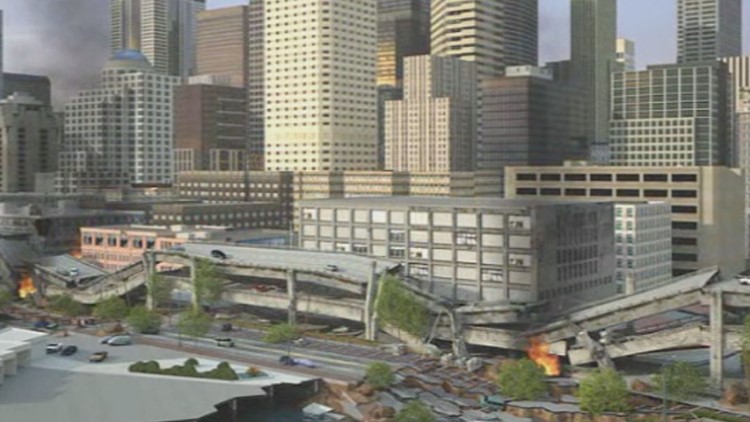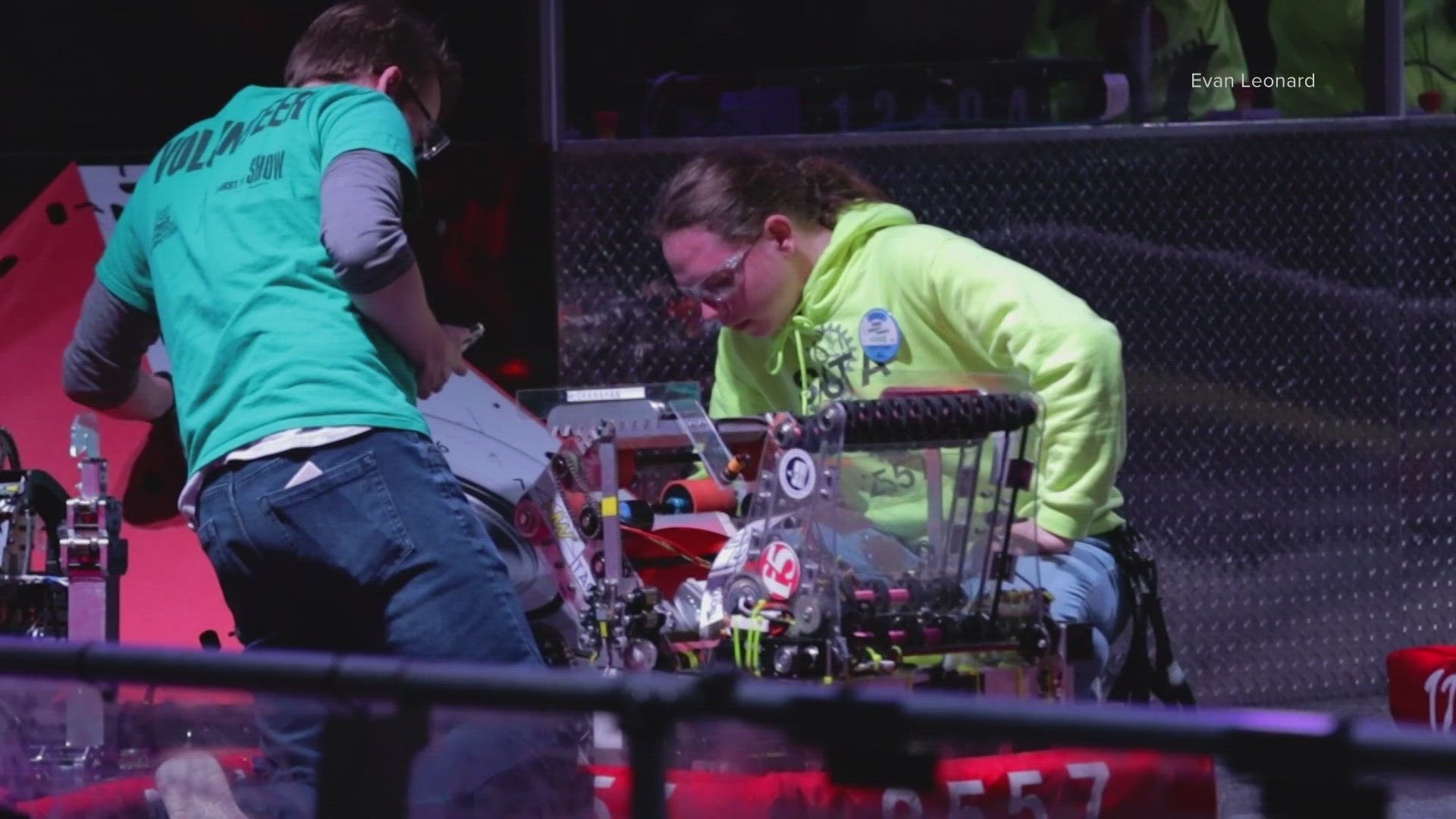When disaster strikes, we've come to rely on first responders to show up and bring the help we need. But officials say that help could take longer than expected and people should brace for the worst.
"If you look at the last 60-70 years, we've transitioned to where we've become so independent and reliable on our own resources to one that relies on first responders," said FEMA spokesman Scott Zaffram. "But the truth is, when we look at something like the Cascadia Subduction Zone, it's going to be weeks, if not months before help arrives. So essentially you are the help before the help arrives."
Zaffram says four things will make it difficult for help to reach people in an event like a major earthquake in the Pacific Northwest:
Scale of the disaster. Scientists say models suggest the impact on the city's infrastructure and population will be "enormous" and "much larger and complicated than any hurricane response we’ve seen," said Zaffram.
Moving resources. "Due to the geography of the Pacific Northwest, it is a massive logistics challenge to get resources into the area, especially if air and sea ports receive heavy damage." Also, incoming responders and resources must have support services (food, water, shelter) when they deploy.
"We cannot have deployed responders becoming survivors, further compounding the problem," said Zaffram.
Power will be out for a long time. There may be "islands" of power, but getting crews and supplies into the area to restore a crippled power grid will take time. Fuel and pipelines will also be disrupted, creating more challenges for first responders to deploy.
Local responders will also be impacted by the disaster. State and local first responders live in the area and will inevitably be affected by the disaster as well and may be crippled in their capacity to respond.
Zaffram says most people in the Pacific Northwest lack perspective of how bad the “Big One” will impact them, both personally and financially. He says people should prepare an emergency supply kit and stock up on food, water and supplies. FEMA also advises creating a communications plan with loved ones and creating a financial nest egg for such an emergency.
"If you think of the catastrophic earthquake scenario, my biggest nightmare is the reunification plan with my family....What happens when an earthquake happens and we have telecommunication systems go down. We've become so reliant on the iPhone and cell service networks in general, what happens when that goes away?" said Zaffram.
Be sure to connect with your community to learn how to best be ready for the worst. Join the KING 5 Disaster Preparedness Facebook group to get ideas and tips on emergency preparedness.



